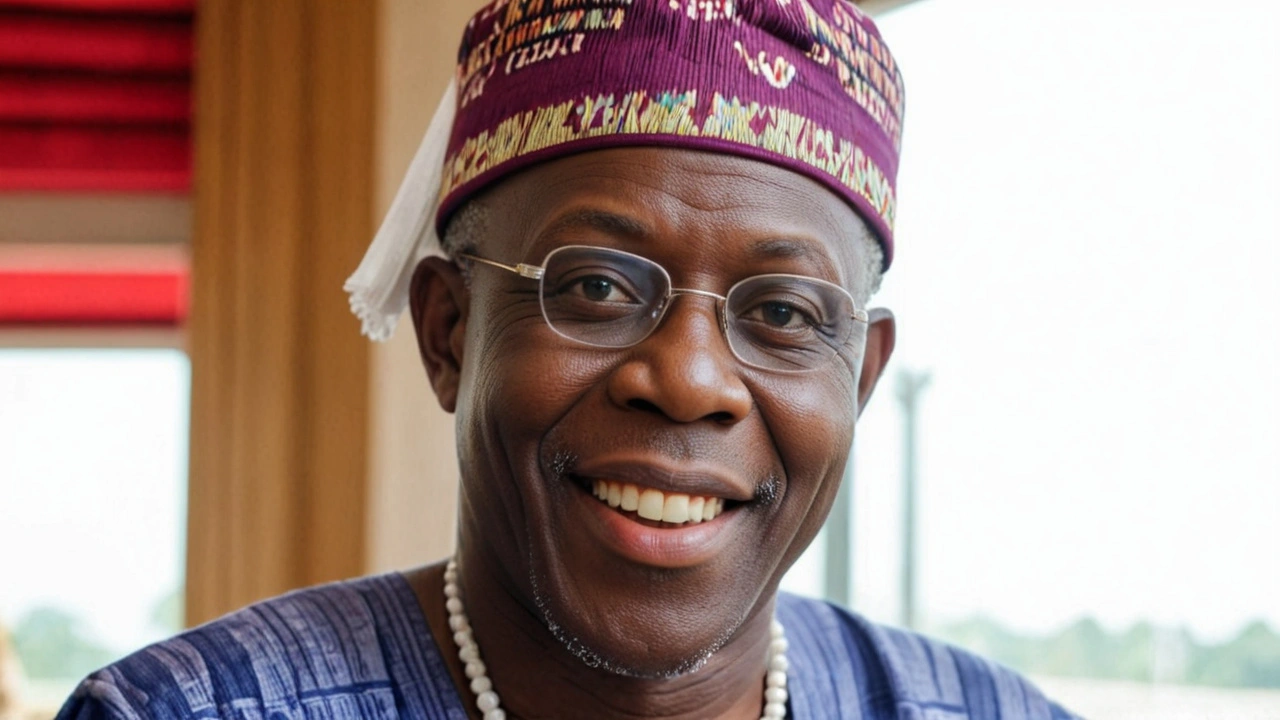Organised Labour: What You Need to Know in Africa
Organised labour plays a crucial role in shaping workers' rights and workplace conditions across Africa. Whether it's through trade unions or worker associations, these groups work to improve pay, safety, and fair treatment on the job. But what exactly does organised labour mean, and how does it affect you?
At its core, organised labour refers to the collective group of workers who join forces, usually via unions, to negotiate with employers or governments. This collective power gives workers a stronger voice to demand fair wages, decent working hours, and safe environments. In countries facing economic challenges, organised labour is often at the forefront pushing back against unfair policies.
Why Organised Labour Matters Today
In Africa, workers face many challenges like job insecurity, low wages, and sometimes harsh working conditions. Organised labour helps address these problems by advocating for better labour laws and social protections. For example, unions have campaigned successfully to halt harmful tax hikes or call out poor enforcement of safety standards in sectors like mining and transport.
It’s not always smooth sailing. Labour groups can face resistance from employers and governments, sometimes leading to strikes or legal battles. But these tough moments often lead to important changes that benefit many workers and communities.
Staying Informed on Labour Developments
If you're interested in how organised labour shapes politics and economy in Africa, keeping up with the news can be eye-opening. Stories often cover union negotiations, worker protests, and policy changes affecting millions. By following these developments, you get a clearer sense of the power dynamics at work and how they might impact your job or community.
Whether you're a worker, employer, or just curious, understanding organised labour gives you a better grip on real issues affecting lives across the continent. It's about people uniting for fair treatment and a better work life — something everyone can relate to!

Tinubu Engages Organised Labour on New Minimum Wage Deliberations
President Bola Tinubu will convene with organised labour leaders today to address the delays in implementing a new minimum wage for Nigerian workers. Discussions will focus on the proposed N62,000 minimum wage by the government and private sector, compared to the N250,000 demanded by labour. The meeting comes after Tinubu's Democracy Day pledge to fast-track the minimum wage bill. NLC President Joe Ajaero also voices concerns over pension arrears affecting retirees.
